Rediscovering Egypt library of Alexandria
Contents:
- Introduction
- Establishing the Alexandria Library
- Architectural Marvels and Design
- The Collection: A Repository of Ancient Knowledge
- Important academics and the impact they have had
- The Library’s Role in Advancing Science
- The Tragic Destruction and Its Impact
- Modern-Day Alexandria and the Bibliotheca Alexandrina
- Importance of Culture and Education in Today’s Society
- Continuing Studies and Potential Future Opportunities
- Library of Alexandria Impact
- Conclusion
- FAQs
Introduction
Egypt library of Alexandria, is one of the most storied and significant repositories of knowledge from antiquity. Founded in the 3rd century BCE in the bustling Egyptian city of Alexandria, it became a symbol of the scholarly achievements of the ancient world. Egypt library of Alexandria, This article delves into the history, significance, and legacy of the Library of Alexandria, exploring how it shaped intellectual pursuits and continues to inspire modern scholarship Egypt library of Alexandria.
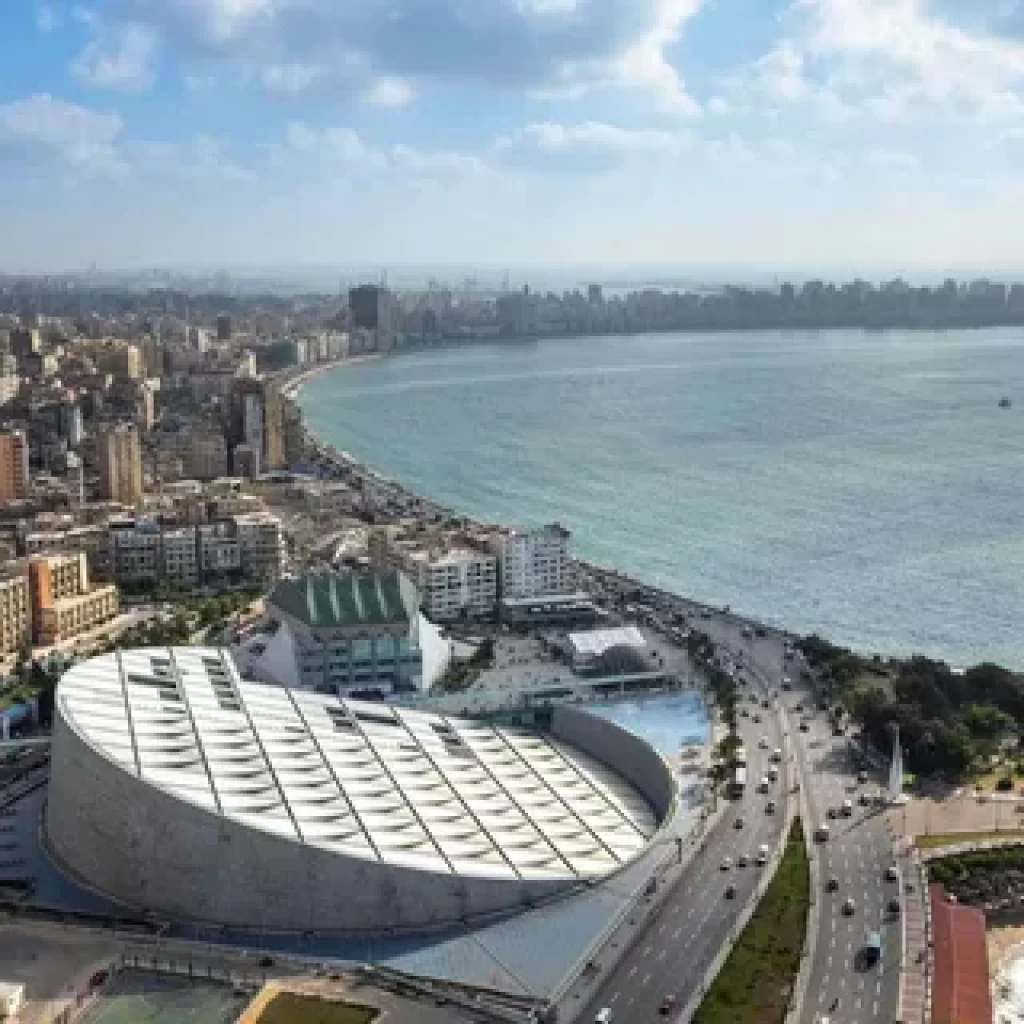
1. Establishing the Alexandria Library
Egypt library of Alexandria, was established during the reign of Ptolemy I Soter, one of Alexander the Great’s generals, who became the ruler of Egypt after Alexander’s death. The library was part of the larger Mouseion, or “Temple of the Muses,” a center dedicated to scholarly research and intellectual endeavors. Ptolemy I and his successors aimed to gather all the world’s knowledge, making Alexandria the epicenter of learning and culture.
2. Architectural Marvels and Design
Egypt library of Alexandria, architecture was a testament to the grandeur and ambition of the Ptolemaic dynasty. While exact details of its design remain unknown, it is believed to have comprised several large halls and reading rooms, adorned with colonnades and lush gardens. The combination of architectural beauty and functional design made it an ideal place for scholars to study and exchange ideas.
3. The Collection: A Repository of Ancient Knowledge
Egypt library of Alexandria,housed an immense collection of scrolls and manuscripts, estimated to number between 40,000 and 400,000. These works covered a wide array of subjects, including mathematics, astronomy, physics, natural sciences, philosophy, and literature.Egypt library of Alexandria, The collection included texts from various cultures and languages, reflecting the library’s goal of universal knowledge.
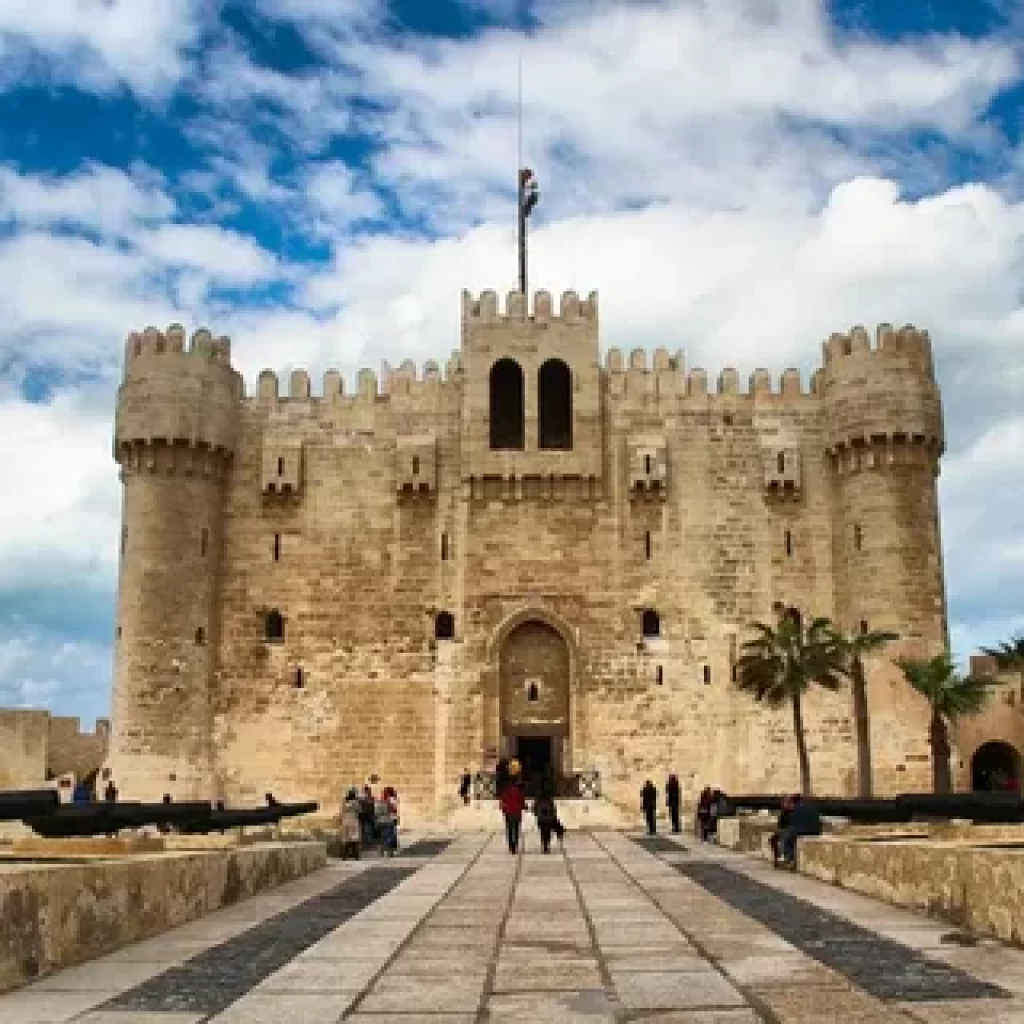
4. Important academics and the impact they have had
Egypt library of Alexandria, attracted some of the most renowned scholars of the ancient world. Among them were Euclid, the father of geometry; Archimedes, the legendary mathematician and inventor; and Eratosthenes, who calculated the Earth’s circumference with remarkable accuracy. These scholars not only conducted research but also taught students and wrote extensively, contributing to the library’s status as a hub of intellectual activity.
5. The Library’s Role in Advancing Science
The Library of Alexandria played a crucial role in the advancement of science and technology. Scholars at the library made significant contributions to various fields, such as astronomy, where they developed early models of the solar system, and medicine, where they enhanced anatomical knowledge. The interdisciplinary approach and collaborative environment fostered innovation and discovery.
6. The Tragic Destruction and Its Impact
The destruction of Egypt library of Alexandria, is one of history’s great tragedies. While the exact circumstances and timeline are still debated, it is generally believed that the library suffered multiple instances of damage over several centuries, culminating in its final destruction around 415 CE. The loss of countless texts and manuscripts had a profound impact on the preservation and transmission of knowledge.

7. Modern-Day Alexandria and the Bibliotheca Alexandrina
In 2002, the Bibliotheca Alexandrina was inaugurated as a tribute to the ancient library. The modern library and cultural center strive to revive theessence of its predecessor by fostering education, conversation, and cultural interactions. The Bibliotheca Alexandrina houses millions of books, digital archives, and hosts numerous conferences, exhibitions, and educational programs.
8. Importance of Culture and Education in Today’s Society
Today, the legacy of the Library of Alexandria endures through its influence on modern libraries and educational institutions worldwide. The ideals of knowledge preservation, interdisciplinary research, and intellectual curiosity that defined the ancient library continue to inspire contemporary scholarship and public education.
9. Continuing Studies and Potential Future Opportunities
Ongoing archaeological and historical research continues to uncover new insights about the Library of Alexandria. Scholars are piecing together fragments of texts and artifacts to better understand the library’s collection and its broader cultural impact. Future discoveries may further illuminate the library’s role in the ancient world and its enduring legacy.
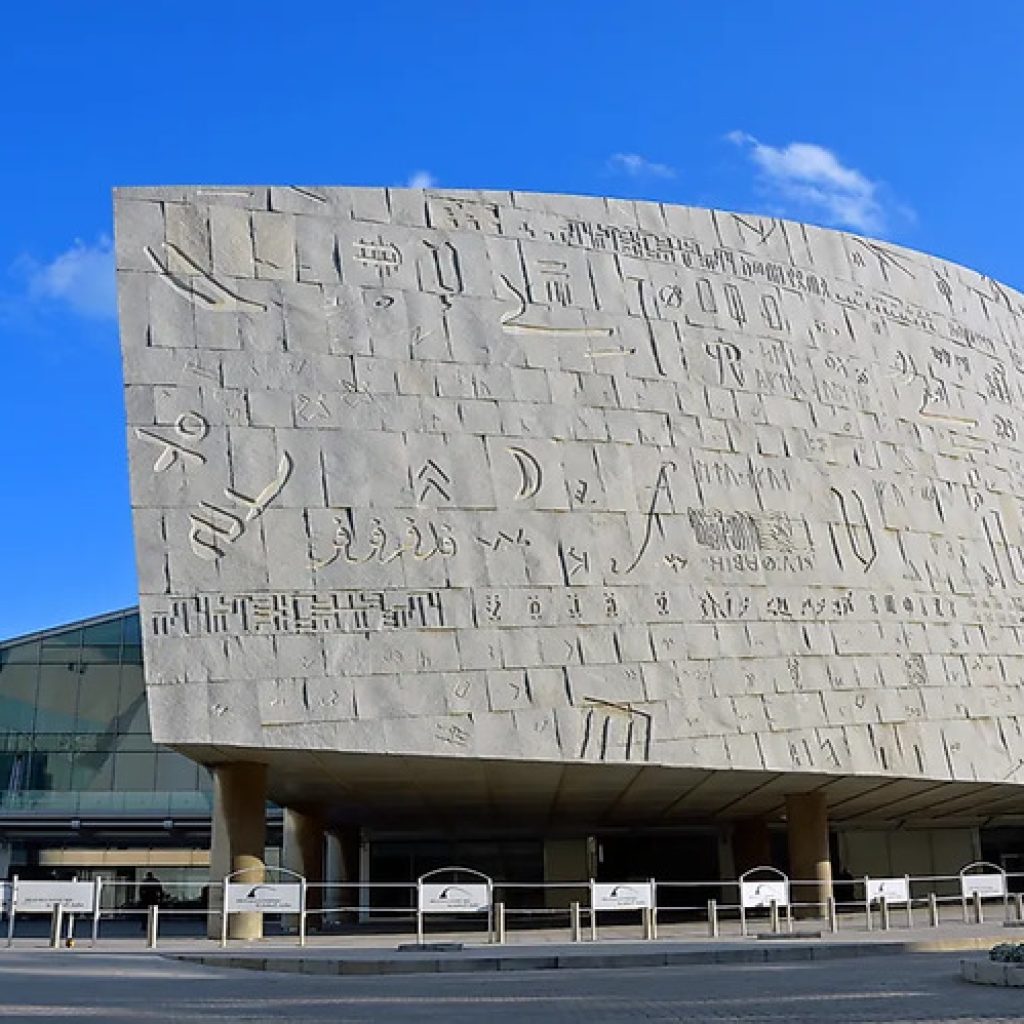
10. Library of Alexandria Impact
The Library of Alexandria represents an enduring symbol of human aspiration toward knowledge and enlightenment. Its legacy is reflected in the ongoing pursuit of learning and the value placed on libraries as bastions of culture and education. The story of the Library of Alexandria continues to inspire efforts to preserve and disseminate knowledge for future generations.
Conclusion
The Library of Alexandria remains one of the most significant intellectual landmarks in history. Its establishment, growth, and tragic destruction highlight the importance of preserving and nurturing knowledge. Egypt library of Alexandria,As modern scholars continue to explore its legacy, the Library of Alexandria serves as a timeless reminder of the power of learning and the enduring quest for understanding Egypt library of Alexandria.
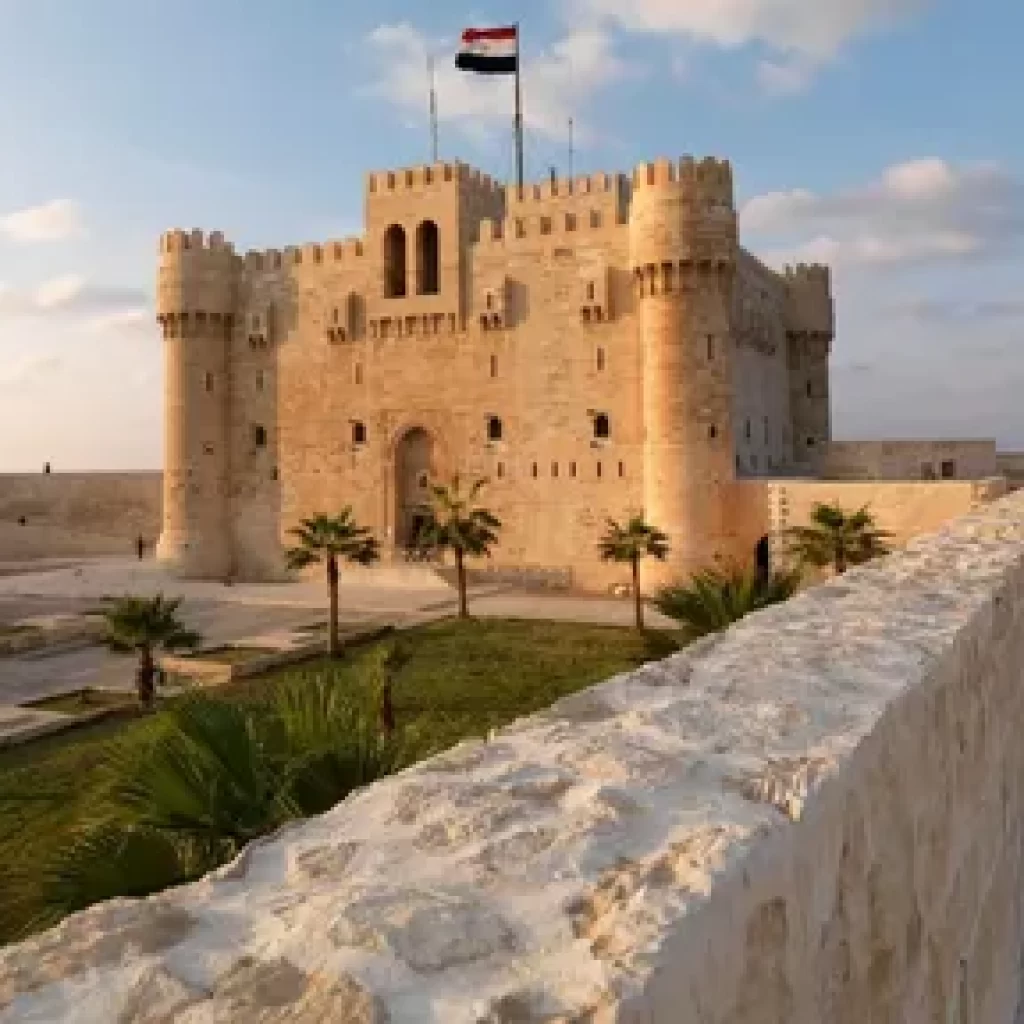
FAQs
- Can you explain the significance of the Library of Alexandria?
The renowned Library of Alexandria, located in Egypt, was a significant hub for education and research, established in the 3rd century BCE. - The Library of Alexandria was founded by whom?
Ptolemy I Soter, a general under Alexander the Great, established the foundation for what would later become Egypt’s rulership. - What types of texts did the library hold?
The library housed texts on various subjects, including mathematics, astronomy, physics, natural sciences, philosophy, and literature. - What happened to the Library ?
The library suffered multiple instances of damage over several centuries and was ultimately destroyed around 415 CE. - What is the Bibliotheca ?
The Bibliotheca Alexandrina, inaugurated in 2002, is a modern library and cultural center in Alexandria that honors the legacy of the ancient library. - Why is the Library important?
The library is important for its role in advancing knowledge and scholarship in the ancient world and for its lasting influence on modern education and libraries. - What is being done to learn more about the Library ?
Ongoing archaeological and historical research aims to uncover more information about the library’s collection, structure, and cultural impact.
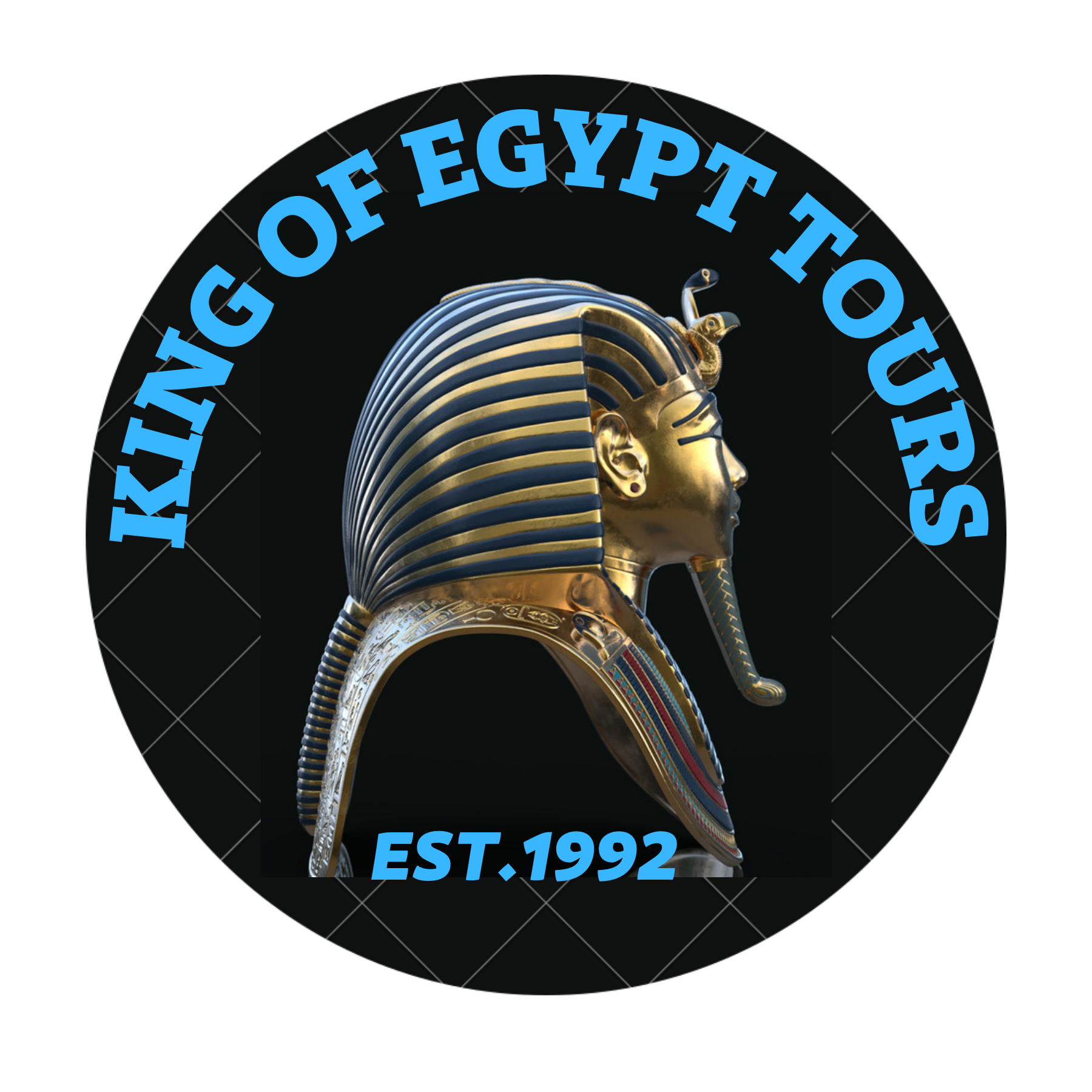
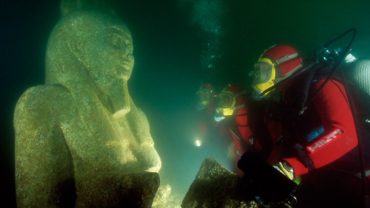
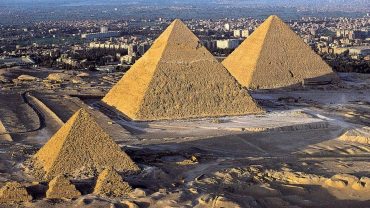
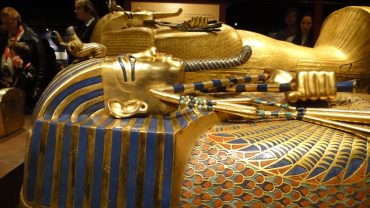

Comment (0)